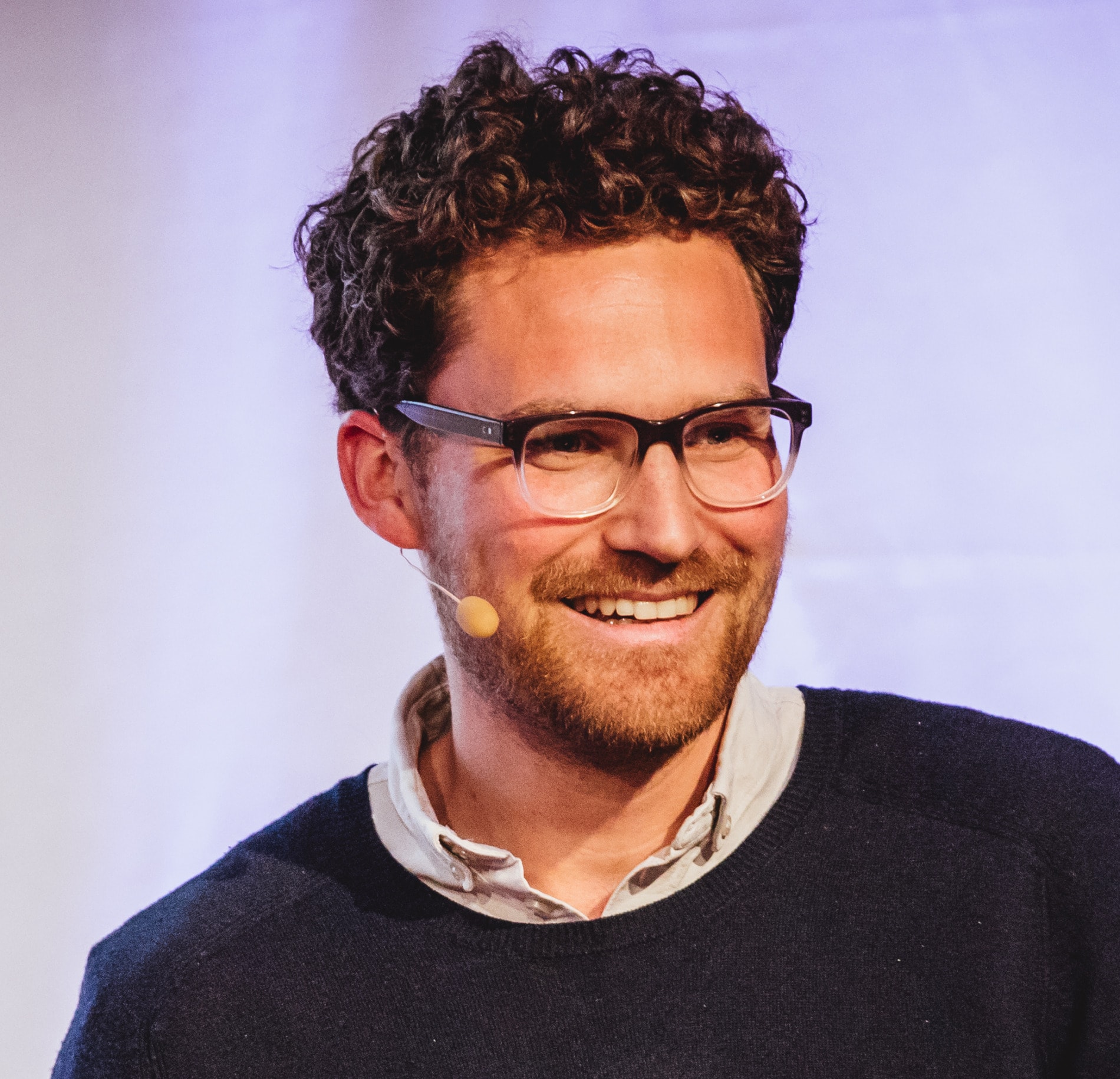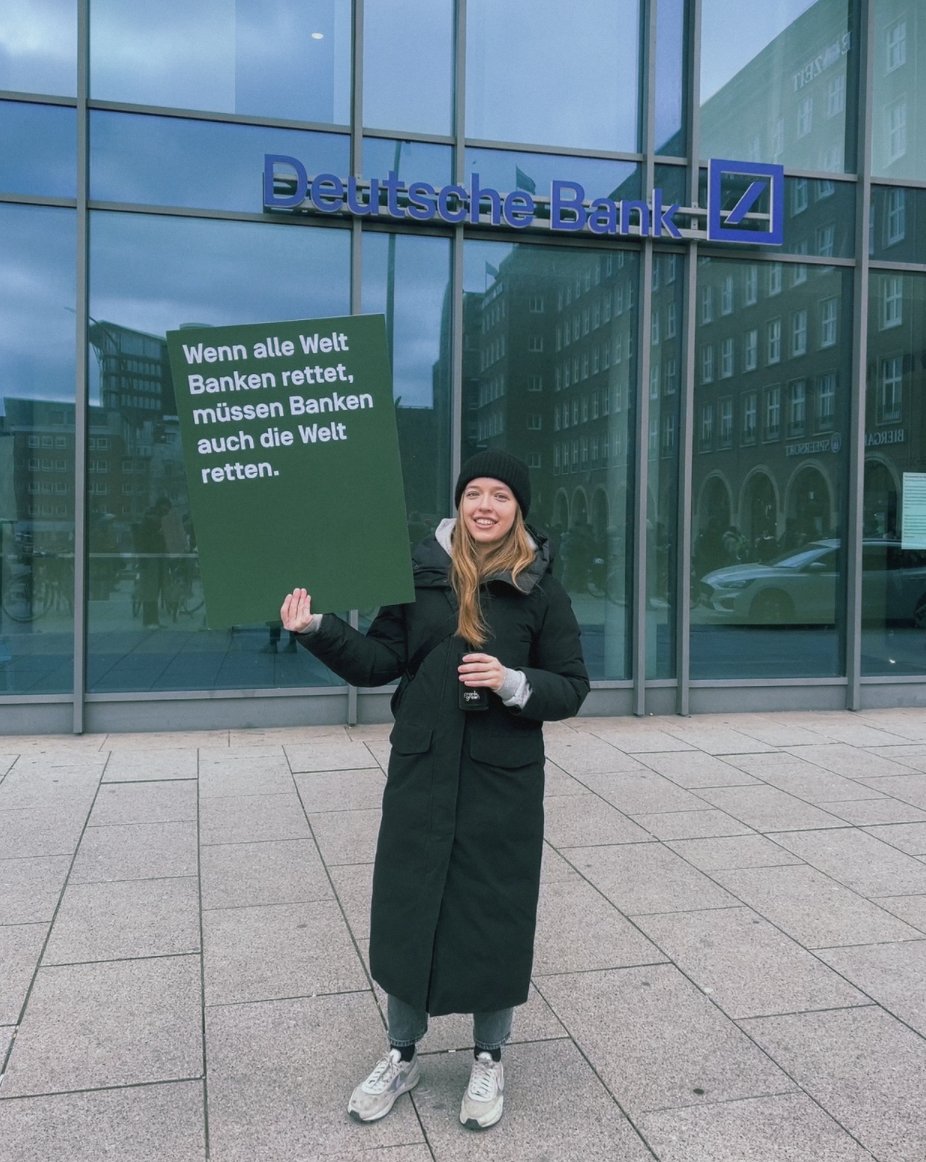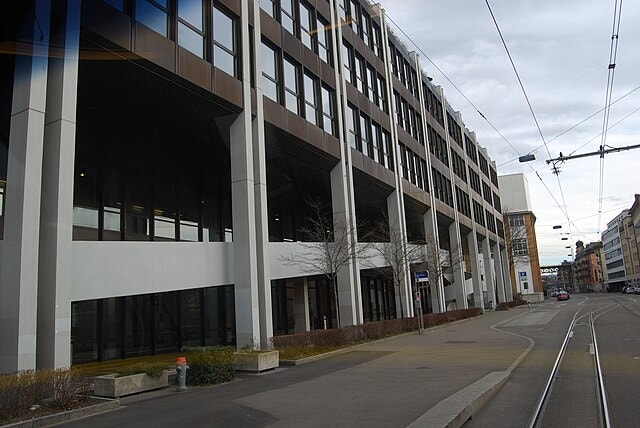Banking should not cost the world. This is one of the mottos of Tomorrow a fintech company that strives to make banking more sustainable. On a mission to bring change in a sector where greenwashing is quite a common practice, Tomorrow was launched in 2018 in Germany.
Having reached the milestone of 100,000 customers just last year, and with numbers growing in Q1 2023 as well, this is the right time to speak with the Founder and CEO of Tomorrow, Jakob Berndt. Here’s what he had to say:
Why did you decide to become an entrepreneur and start Tomorrow?
Jakob Berndt: I sort of slipped into entrepreneurship after working at an advertising agency for some time. Once, I realized that what I was doing was not in line with my personal and social values, I decided to initiate the change I wanted to see and became a founder myself. After being the co-founder and CEO of a fairtrade & organic soft drink startup for a few years, I co-founded Tomorrow with Inas Nureldin and Michael Schweikart in 2018. The idea for Tomorrow came when we realized that money put into conventional banks works for things we would never support – coal power, factory farming, etc… A lot has happened since then, and we now work with more than one hundred colleagues and a growing community to use money as a lever for sustainable change.
What does sustainability mean to you?
J.B.: I look at sustainability as the most pressing and universal issue of our time. Only a sustainable way of living and doing business will allow future generations to experience a world worth living in. For me, the most important step in achieving sustainability is to take it seriously and actually strive to make a difference. Especially as there are too many companies who are just pretending to be sustainable without truly making efforts.

What is the vision behind Tomorrow? In what ways you are bringing change in the finance sector?
J.B.: The goal of Tomorrow is to make sustainable finance mainstream. The words “sustainable finance” sound rather complex at first but is actually not rocket science. We achieve our impact through three pillars:
– We invest a portion of customer deposits (the money our customers have in their current accounts) into sustainable bonds.
– Every payment with the Tomorrow Card finances climate protection.
– Thanks to Tomorrow Better Future Stocks, customers can invest 100% sustainably and in line with the Paris Climate Agreement.
What is the greatest achievement you reached so far?
J.B.: One of the highlights of last year was when we reached 100,000 customers. It was incredible for me, and my two co-founders – Inas and Michael – to see that we really have already been able to inspire more than 100,000 people to open a sustainable account with Tomorrow.
RELATED ARTICLES: bettervest: Investing in Impactful Projects Without Compromising Financial Returns | What Is Green Finance and Why Does it Matter so Much? | Is $100 Billion in Climate Finance Enough to Offset Climate Damage? | What You Might Not Know About Impact Investing, and How It Can Help Stop the Climate Crisis | Carbon Equity Launches Its Second Portfolio Fund |
In your opinion, what role should banking have in transitioning towards a more sustainable economy?
J.B.: Whether we like it or not, money makes the world go round. However, money does not have to be part of the problem. It can be part of the solution. The role of financial institutions is to be responsible and use money as a tool to create something positive. In order to turn the global economy into a circular, fossil-free, and socially fair one, we need to fuel billions into sustainable projects, institutions, and companies. At the same time, we have to stop financing destructive industries.
What is the ultimate goal you want to achieve with Tomorrow?
J.B.: One of our company values at Tomorrow is “We dare to think big”. That is what we are working towards. We want to embed sustainable banking where it belongs – at the heart of society.

What are some of the challenges you are facing as the CEO of a sustainable company?
J.B.: I think it’s really frightening to see how other players in our sector are deliberately greenwashing. The way money continues to be directed into outdated industries and projects, and positive change is slowed down enormously. Although I’ve been in social business for a few years now, this deliberate greenwashing of some of the players is hard to watch.
What tips would you give to young entrepreneurs that are interested in starting a sustainable business?
J.B.: Well, I don’t think I can give any truly universal advice. What has proven to be very valuable for me is the belief that everybody can make a difference. Everybody has almost superpowers when working on something they actually care about. Obviously, not everything will always run smoothly. What does help is a good portion of perseverance to overcome these phases and then get going again.
Editor’s Note: The opinions expressed here by the authors are their own, not those of Impakter.com — In the Featured Photo: Tomorrow Cards. Featured Photo Credit: Tomorrow.













